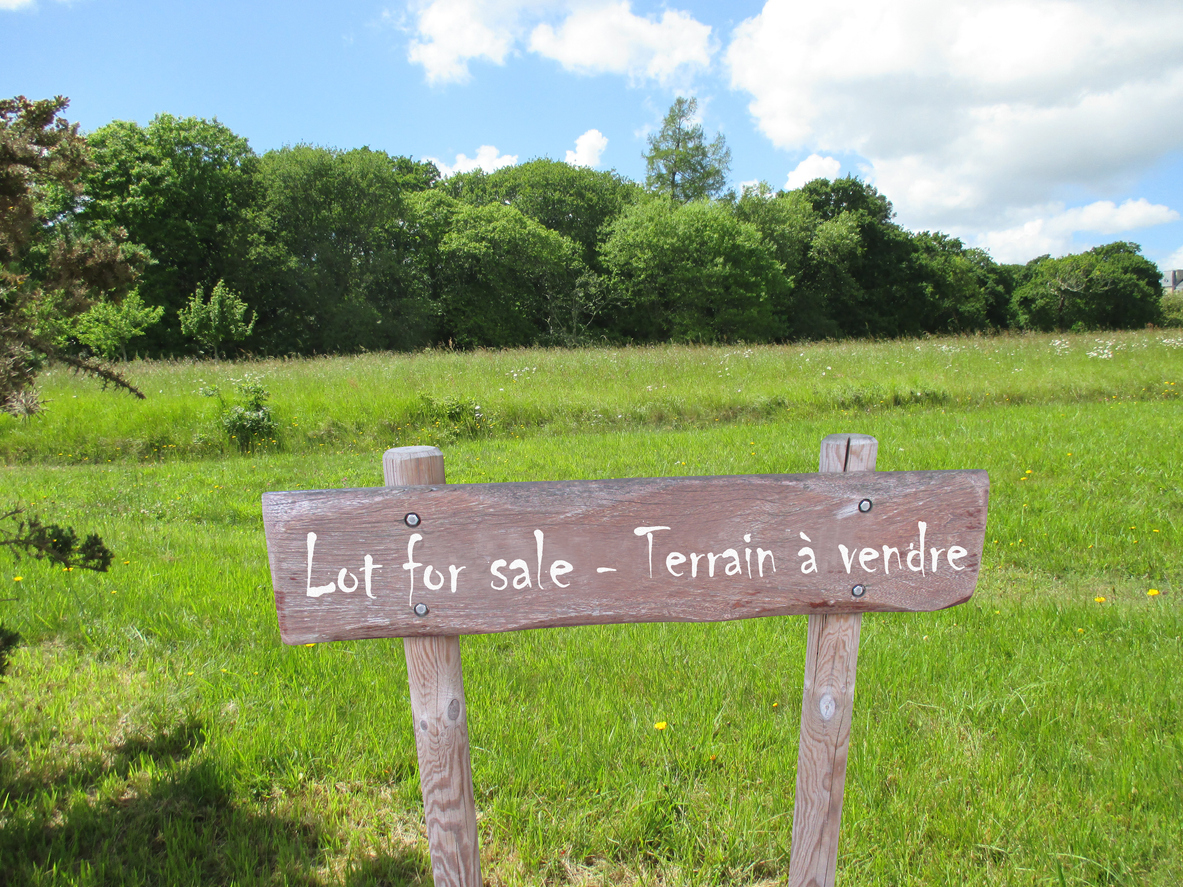
The process of buying land could be quite confusing, especially if it’s your first time to invest in this type of real estate. Unlike your typical home buying process, buying vacant land differs in terms of the financing, requirements, and what you need to look for.
If you’re about to buy vacant land, keep these important things in mind:
Know what you’re looking for
Vacant land has many uses. It can be turned into a residential property for rent, retail or office space, or even a recreational area. This advantage can sometimes become a liability because some people could get too overwhelmed by the wide variety of options on what to do with it.
Before heading out to find the best vacant land, think of its purpose first. Do you plan on building anything on the land? What are you hoping to turn the property into? Knowing the answers to these questions will give you the focus to find the vacant land that fits your goals and objectives.
Figure out how to finance your land purchase
Financing schemes for land are much different than those for an existing structure. Since land is seen as a riskier investment, a traditional home mortgage is not applicable to this property type. Land loans also tend to have higher interest rates and down payment requirements. The length of time to repay a land loan may also be shorter compared to the usual 15-year and 30-year mortgage terms.
This is why due diligence is of prime importance for this particular real estate transaction. Know your capacity to handle the financial requirements of buying raw land. Also, check for several mortgage options available to you.
Here are some ideas on how to finance your land purchase: Lender land loans, SBA 504 loans, and seller financing. Lender land loans are typically offered by community banks, regional banks, and credit unions.
SBA (U.S. Small Business Administration) 504 loans, meanwhile, have long-term fixed rates for those who plan to use the land for their business. Interest rates for an SBA 504 loan depend on the current market, with a 10 and 20-year repayment period.
As for seller financing, the down payment amount, the length of the loan, and the interest rate are determined by the current landowner.
Double-check the zoning, licensing, and environmental regulations
If you plan on building a home or structure, it’s important to check the land’s assigned zoning designation first. Zoning laws are usually set by the state. These determine the type of structures that can be built in that certain area. Common zoning designations are broken down into four types: residential, commercial, industrial, and environmental.
Some commercial zoning laws, for example, specify the allowed commercial enterprises in a given area such as restaurants, retail, or manufacturing. These zoning laws also have certain building requirements in terms of size, signage, and parking.
Permits are also required when building a structure on raw land. Whether you plan on constructing a residential property or a restaurant business, these permits ensure that the local standards are met.
Access to water and other utilities
Water is an essential factor to look into when buying vacant land. This affects how your land will be used and its value. Does the property have access to water? Where does the water come from? This will give you an idea of what you’ll be dealing with if you purchase that particular land property.
The same can be said for other utilities like electricity and even internet access. If the land is too far away from the local power supply, the installation of this basic utility may take longer and cost higher.
Searching for commercial real estate in St. Louis, Missouri? Let the Cardinal Realty Group help you find the best type of land for your business. Call them at 636.225.0385 or send them an email at Hal(at)CardinalRealtyGroup(dotted)com.
